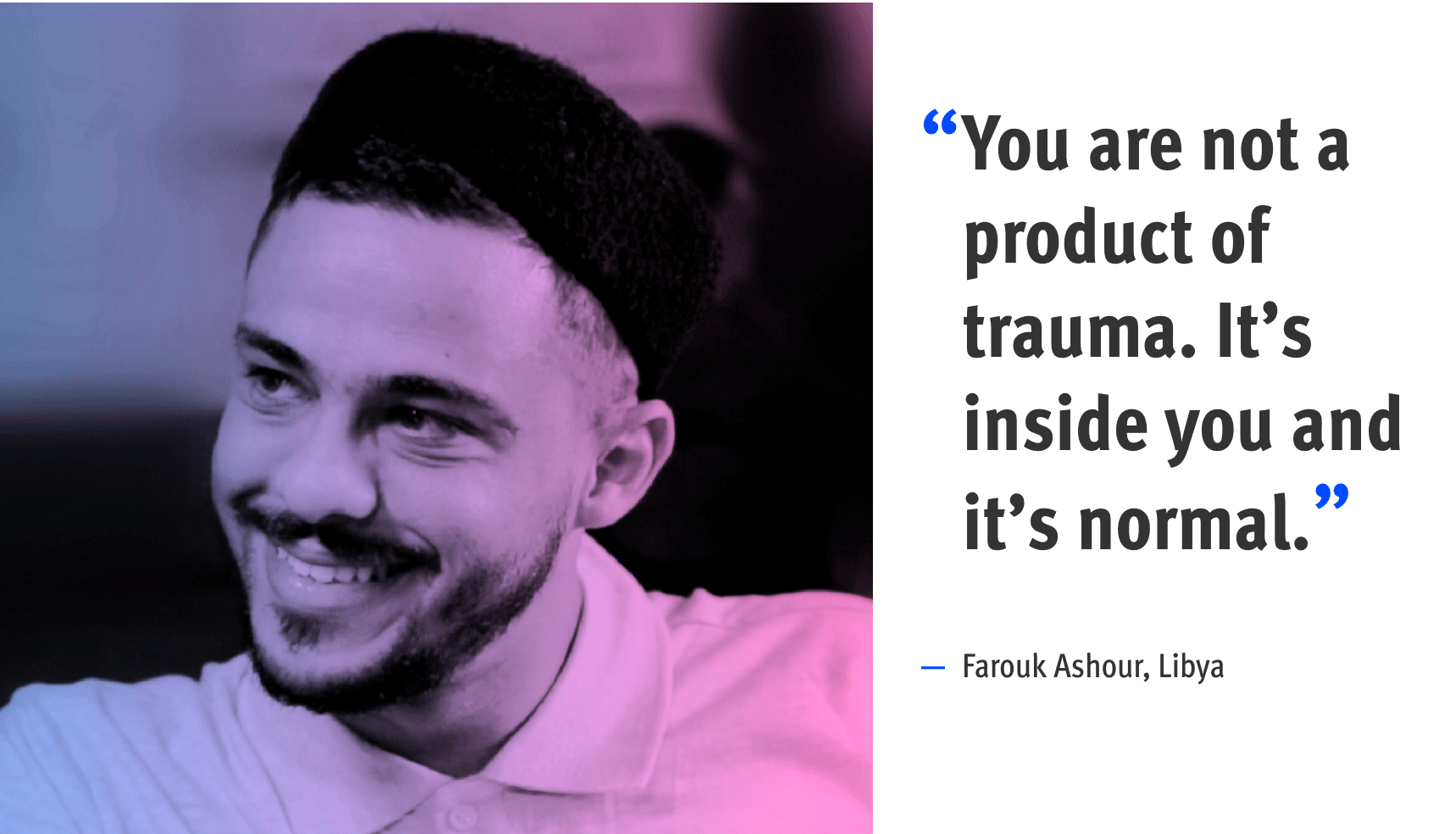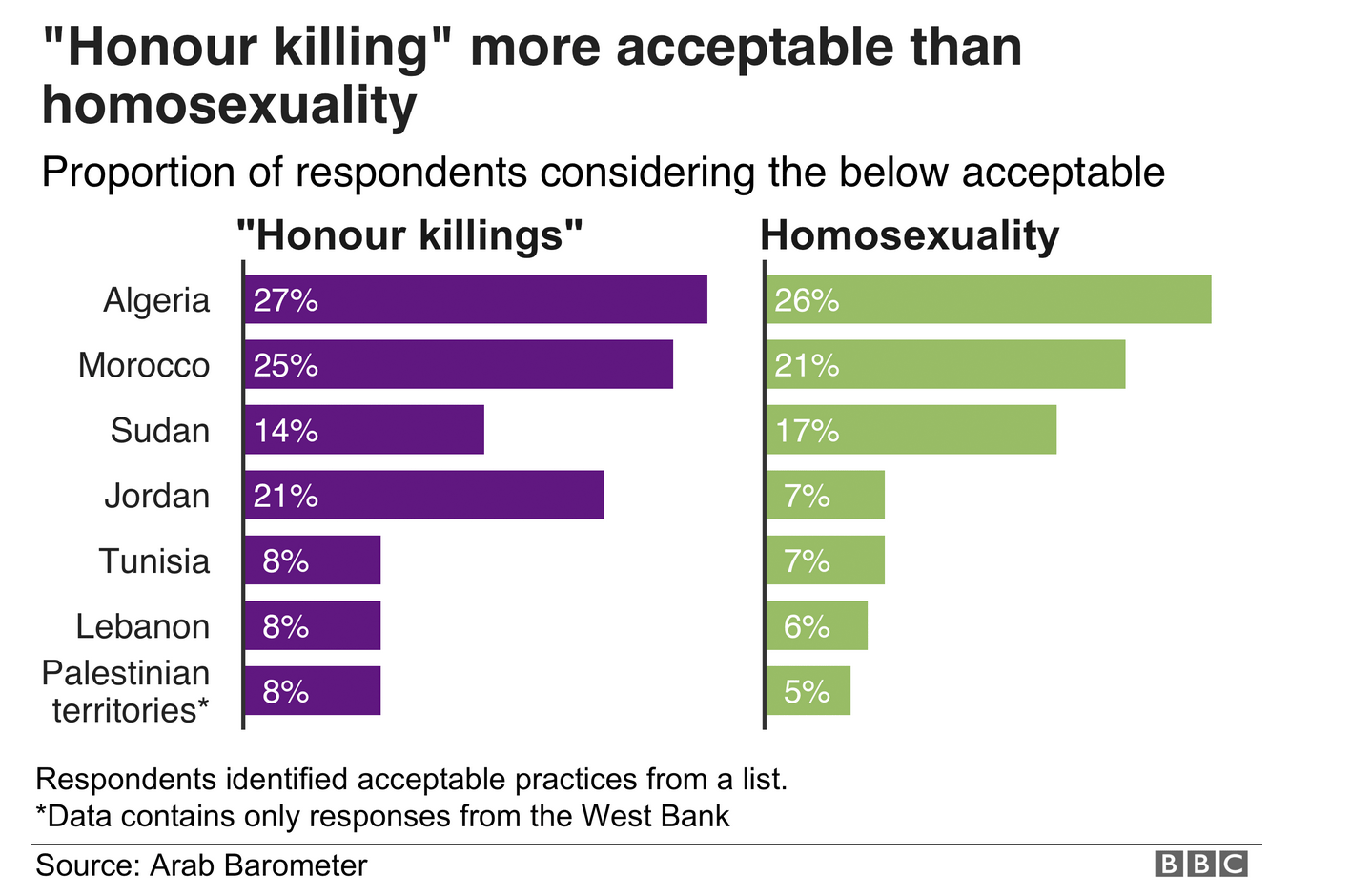Exposing LGBTI myths, interviewing saviors in the Middle East
Colin Stewart is a 45-year journalism veteran living in Southern…
The complex, changing nature of Middle Eastern and North African attitudes toward homosexuality is on display in (1) interviews with people who saved gay men from ISIS, (2) a survey of who finds homosexuality acceptable, and (3) a new video about the region’s myths about sexuality.

Exposing myths and stereotypes
Human Rights Watch and the Arab Foundation for Freedoms and Equality (AFE) released a new video to address the myths and stereotypes that exist around LGBT people. In the video, LGBT activists speak to HRW about how those myths and stereotypes have affected their lives. Among them, Mhamad Hjeij, an openly gay Lebanese man who was told by other gay men that he didn’t “look gay.” Among the myths he had to deal with were those perpetuated by LGBT people themselves – “such as gay men and lesbians have to look a certain way and fit a certain stereotype.”
Rescuing LGBT captives held by ISIS
From Turkey, Lester Feder interviewed Majid and Ahlam, two people who secretly helped save gay people from ISIS. Working with the Organization of Women’s Freedom in Iraq (OWFI) they documented the accounts of LGBT people and others who were tortured. OWFI hopes these accounts can be used to charge ISIS leaders with war crimes for persecuting LGBT people. Legal adviser Lisa Davis acknowledged that it is unlikely to have these crimes prosecuted in Iraq; however, with the UN Security Council’s aid:
“We must create a historical memory so that history doesn’t forget what happens to LGBT people in conflict. What we want to do is to change the discourse of LGBT crimes in the world.”
Feder’s story begins, “The first time Majid and Ahlam saved a gay person’s life, they didn’t even know what LGBT stood for.” After helping to free several ISIS captives:
“Majid was shocked when two of the men kissed each other in celebration of their freedom. He called the colleague who had first alerted him about their plight for an explanation: Majid had been told that three ‘LGBT people’ needed rescuing — but had thought LGBT was the name of a political party.
“ ‘What kind of political movement is this?’ he asked. ‘These guys are kissing each other!’
“So began Majid and Ahlam’s surprising journey to become champions for LGBT rights in a stronghold of Islamist groups in central Iraq.”
Surveying tolerance in Arab countries
The BBC News Arabic released data collected by the Arab Barometer research network on Arab people’s opinions on a range of issues. Using a survey of over 25,000 people across 10 countries and the Palestinian territories, one of the findings was that acceptance of homosexuality varies greatly—Jordan, Tunisia, Lebanon, and Palestine ranged between 5-7% that accept being gay, while Algerians (26%), Moroccans (21%), and Sudanese (17%) were more accepting.

This article includes excerpts from the Equal Eyes roundup of LGBT news from UNAIDS.




